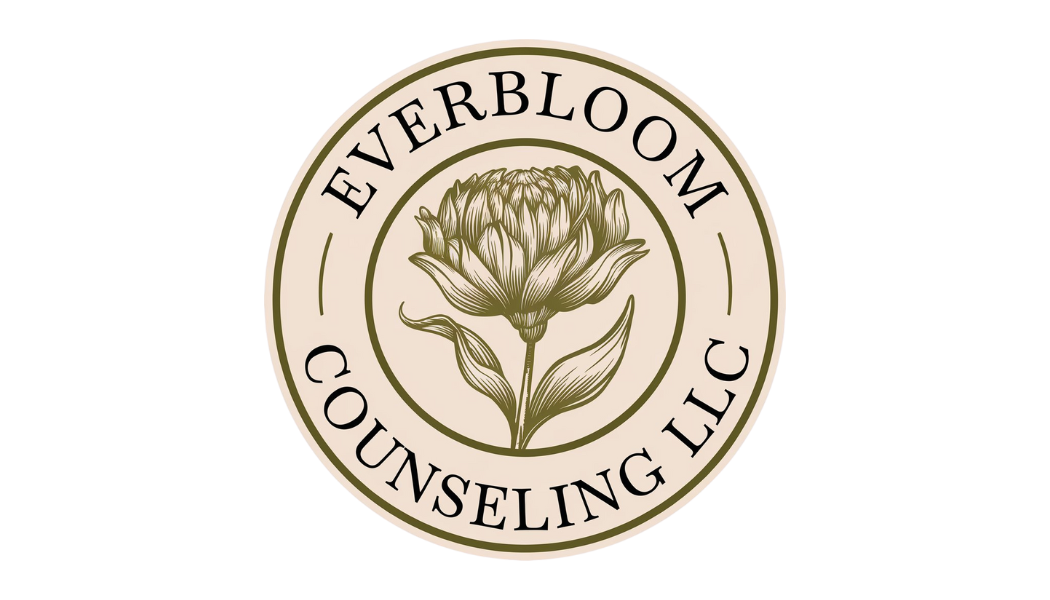Setting Boundaries Without Guilt: A Guide to Protecting Your Peace
We often hear about the importance of boundaries — how they help us protect our time, energy, and emotional well-being. And yet, when it’s time to actually set them, guilt has a way of creeping in.
Maybe you’ve felt it before: the tightness in your chest after saying “no” to a loved one, or the over-explaining that follows declining an invite. Guilt makes us question whether we’re being selfish, difficult, or too much.
But here’s the truth: setting boundaries is an act of self-respect, not selfishness. And you can learn to do it without guilt taking the wheel.
What Are Boundaries, Really?
Boundaries are limits we set to protect our emotional, physical, and mental health. They can look like:
Saying “no” without over-explaining
Taking time for yourself
Not answering messages right away
Choosing not to engage in conversations that drain or harm you
They are not walls to keep people out — they are doors with locks you control.
Why Guilt Shows Up
Guilt often stems from old conditioning — the belief that we’re only valuable when we’re available, agreeable, or self-sacrificing. Many of us were raised to prioritize others’ comfort over our own. So when we finally put ourselves first, guilt kicks in as a reflex.
You may also fear disappointing someone, being misunderstood, or triggering conflict. These are valid fears — but they are not reasons to abandon your needs.
How to Set Boundaries Without Guilt
Here are a few mindset shifts and strategies to help you protect your peace with confidence:
1. Know Your "Why"
Before setting a boundary, clarify your reason. Are you preserving your energy? Avoiding burnout? Protecting your mental health? When you know your why, it becomes easier to stand by your decision without wavering.
Example: “I need Sundays to rest so I can show up fully during the week.”
2. Drop the Need for Permission
You don’t need others to agree with your boundary for it to be valid. Discomfort or pushback doesn’t mean you’re doing something wrong — it just means people are adjusting to a new dynamic.
3. Keep It Simple
You don’t have to over-explain or justify your “no.” A simple “I won’t be able to do that” or “That doesn’t work for me” is enough. The more we over-explain, the more we invite negotiation or guilt.
4. Guilt Isn’t a Stop Sign — It’s a Signal
Instead of seeing guilt as a warning to retreat, try seeing it as a sign that you’re stretching into a new, healthier version of yourself. With practice, guilt lessens as your nervous system adjusts to this new way of being.
5. Practice Self-Compassion
Remind yourself that it’s okay to have needs. It’s okay to protect your time. It’s okay to be human. Self-compassion is the antidote to guilt.
Final Thoughts
Boundaries are not barriers to connection — they are the foundation for healthy, respectful relationships. When we set boundaries, we’re not just honoring ourselves — we’re showing others how to honor us too.
If guilt shows up, acknowledge it, but don’t let it override your needs. You are allowed to take up space. You are allowed to say “no.” You are allowed to protect your peace — without apology.
